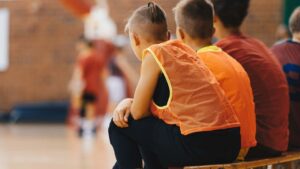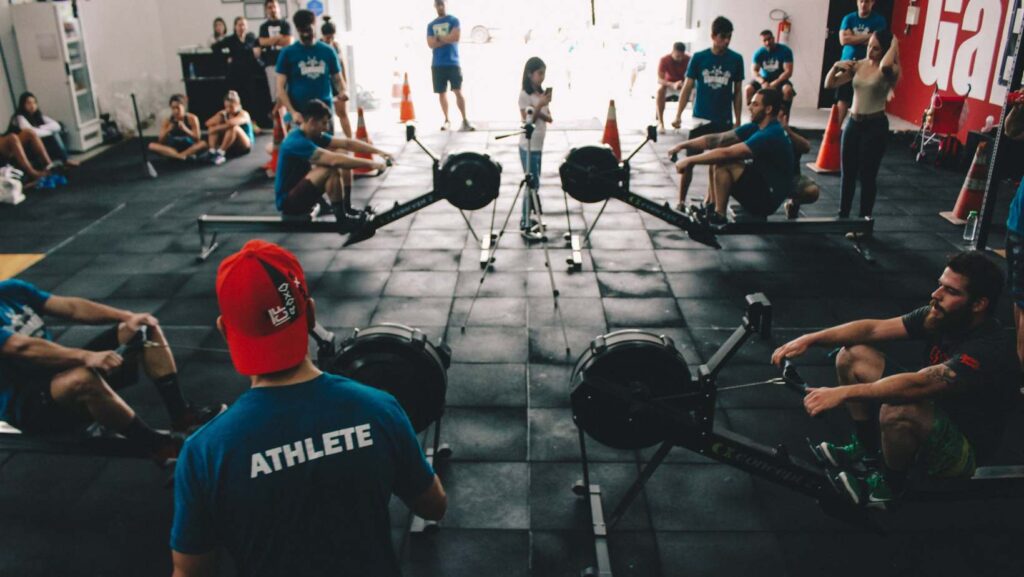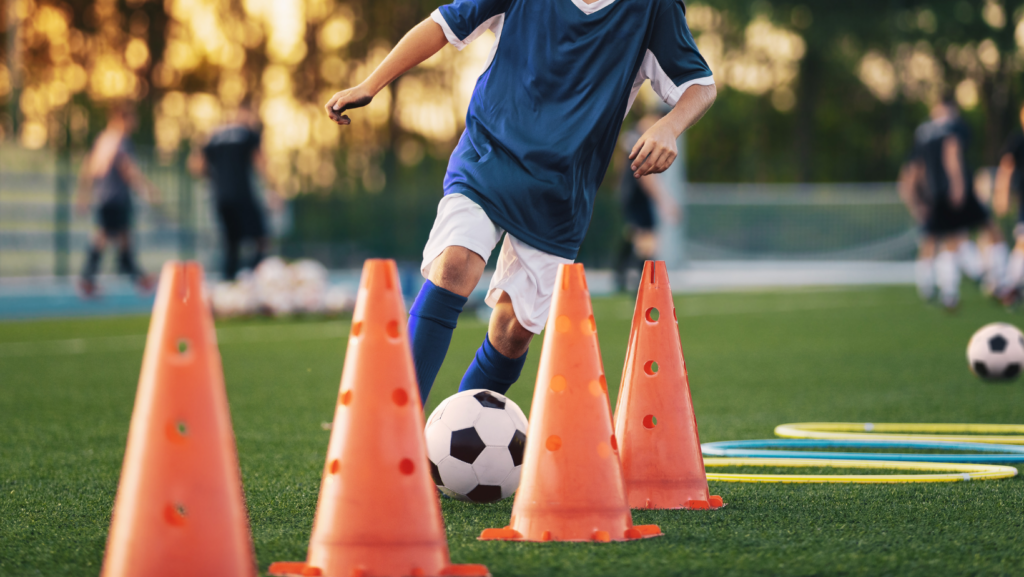In the competitive world of youth sports, effective athlete training is more crucial than ever. Young athletes are not just honing their skills; they’re building a foundation for lifelong fitness and discipline. As they strive for excellence, the right training methods can make all the difference in their development and success.
Parents and coaches play a pivotal role in guiding these young talents. They must balance the demands of training with the need for rest and recovery, ensuring a holistic approach to development. By focusing on age-appropriate exercises and techniques, they can help athletes avoid burnout and injuries while maximizing performance.
Youth Athlete Training

Training plays a critical role in developing core skills and physical conditioning in youth athletes. Effective programs emphasize technique, strength, and flexibility, crucial for enhancing athletic performance. These elements help athletes improve their endurance and agility, essential in high-stakes competitions.
Youth athlete training also promotes lifelong fitness habits. By instilling discipline and a training mindset early, young athletes gain tools to maintain physical health throughout their lives. Consistent training encourages a balanced approach to fitness, prioritizing not only physical wellness but also mental strength.
Key Components Of Effective Training
Effective training for young athletes encompasses several crucial components that ensure balanced and comprehensive development.
Physical Conditioning
Physical conditioning forms the foundation of youth athlete training. It includes cardiovascular exercises like running and swimming to enhance stamina. Strength training, using body weight or light weights, improves muscle power. Flexibility exercises, such as stretching, enhance range of motion and prevent injuries. A well-rounded conditioning program incorporates these elements to build endurance, strength, and overall fitness, keeping young athletes resilient in competitions.
Skill Development
Skill development focuses on mastering specific techniques necessary for each sport. Coaches design drills that cater to improving coordination, balance, and sport-specific skills like striking, jumping, or passing. Video analysis tools can help refine these skills by providing visual feedback. Through consistent practice and correct techniques, athletes can enhance their performance and gain a competitive edge.
Mental Preparation
Mental preparation is essential in fostering resilience and focus among young athletes. Visualization techniques help athletes anticipate scenarios, improving reaction times during actual gameplay. Goal-setting cultivates motivation and tracks progress. Techniques like deep breathing aid in managing stress during high-pressure situations. With these strategies, athletes develop the mental strength necessary to cope with challenges both on and off the field.
Designing Age-Appropriate Programs

Designing programs for youth athletes involves careful consideration of their developmental needs. Trainers must ensure activities promote progression and maintain enthusiasm.
Tailoring to Developmental Stages
Age-specific training addresses unique physical and psychological stages. Children ages 6-9 benefit from basic motor skills and fun activities, fostering enjoyment and general coordination. From ages 10-12, introducing structured training can refine coordination and flexibility while maintaining engagement through varied exercises. Adolescents aged 13 and above need focused sessions on sport-specific skills and conditioning to enhance strength and endurance. It’s crucial to match training intensity and complexity with the athlete’s maturity to prevent burnout and injury.
Integrating Safe Practices
Safety in youth athlete training involves risk management through proper equipment and technique. Trainers always supervise sessions, ensuring athletes execute exercises correctly. Warm-up routines minimize muscle strain, while cooldown periods aid recovery. Regular assessments of an athlete’s physical condition help adapt training loads, preventing overuse injuries. Education on hydration and nutrition supports overall well-being and performance, reinforcing a holistic approach to athlete care.
Role Of Coaches And Parents

Coaches and parents play crucial roles in the development of young athletes. By fostering support and promoting positivity, they ensure a well-rounded athletic experience.
Coaches and parents influence youth athletes’ attitudes significantly. They shape perspectives through constructive feedback and affirmations. Establishing an environment that values effort and progress over mere results encourages resilience. When young athletes view setbacks as learning opportunities, they embrace challenges.
Providing Support And Motivation
Support from coaches and parents boosts athletes’ confidence and motivation. Clear communication about goals and expectations helps young athletes remain focused. Involvement from parents, whether cheering during games or assisting with logistics, reinforces the athlete’s commitment. Coaches sustain motivation by setting achievable milestones and celebrating successes, keeping athletes engaged and driven.



